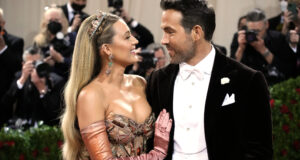As the producer behind some of Madonna’s earliest hits (and her one-time boyfriend), John “Jellybean” Benitez was a key figure in creating the sound of the ’80s, and his work still sounds as fresh today as it did decades ago. Benitez began his career as a DJ at legendary clubs like Studio 54, and his extensive list of production and remix credits includes artists like Whitney Houston, Michael Jackson, Billy Joel and Paul McCartney and dozens of musical contributions to films.
Today, Benitez is as active in the music world as ever, and in addition to touring the world as a DJ, he’s in the process of opening a record store, Jellybean’s Funhouse Record Shop, in Fort Lauderdale, Florida, and working on a memoir.
The multitalented musical trailblazer is also committed to giving back, and is a board member for the Cristian Rivera Foundation, a charity dedicated to finding a cure for DIPG, a rare pediatric brain tumor that tragically killed the son of his longtime friend and fellow DJ, John Rivera, in 2009.
Jellybean Benitez spoke to First for Women about his long musical career, his early days with Madonna and more.
First for Women: What was your experience like being at the center of the ’70s and ’80s New York club scene?
Jellybean Benitez: I wish I took more pictures. I was really young at the time, and I got to experience so many things that I never realized would at some point be considered legendary and have a global impact 40-something years later. Studio 54 really changed the face of what I knew disco was about. It had all been underground in lofts and places that probably weren’t up to code, but they were great places and the sound was important.
When I first told people that I wanted to be a DJ. They looked at me like, “With that voice? How are you going to be a DJ?” And I said, “No, I’m not going to talk. I’m just going to play records.” People didn’t know what it meant, and when I was a teenager and told my mom I was going to DJ, she said, “Someone’s actually going to pay you to play records at a party?” It sounded so crazy because I didn’t know any other DJs, and the ones that I would listen to were older than me.
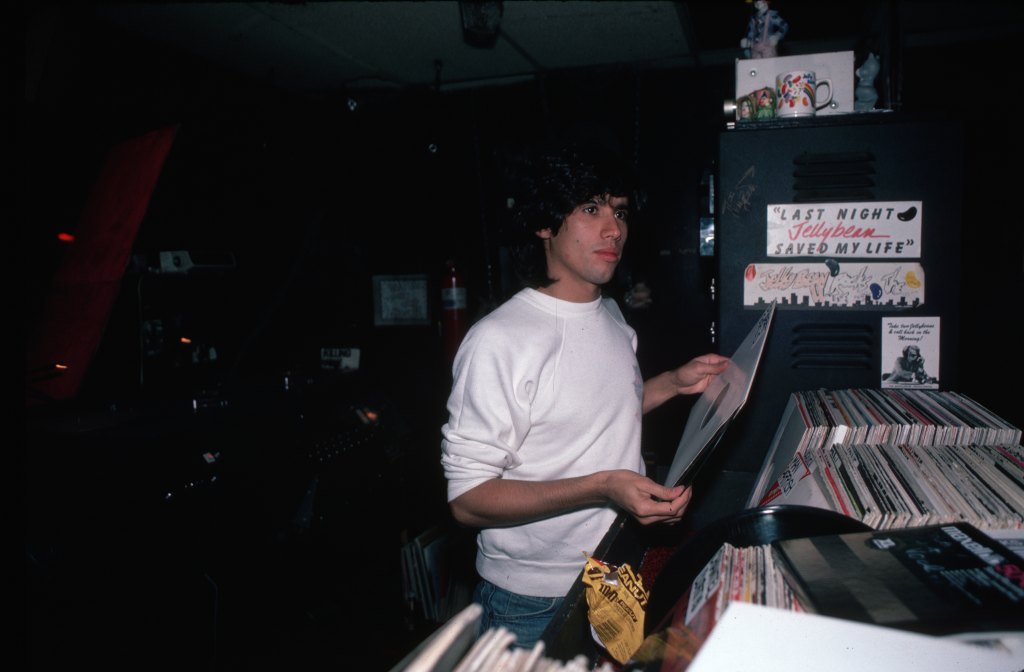
I loved playing records for people to dance to and have a good time and forget their troubles. I loved music more than anything, and the creative aspect of taking all these individual songs and stringing them together to transport people to another place was so much fun for me.
If you asked me back then if I was going to be a DJ for close to 50 years, I would have been like “No, I’m going to college. This is my hobby.” It was all word of mouth, going to record stores, hanging around listening to all the new records that came out and then trying to figure out how I was going to have enough money to buy them. The scene was all people who loved music and loved making people happy. We would have done it for free.
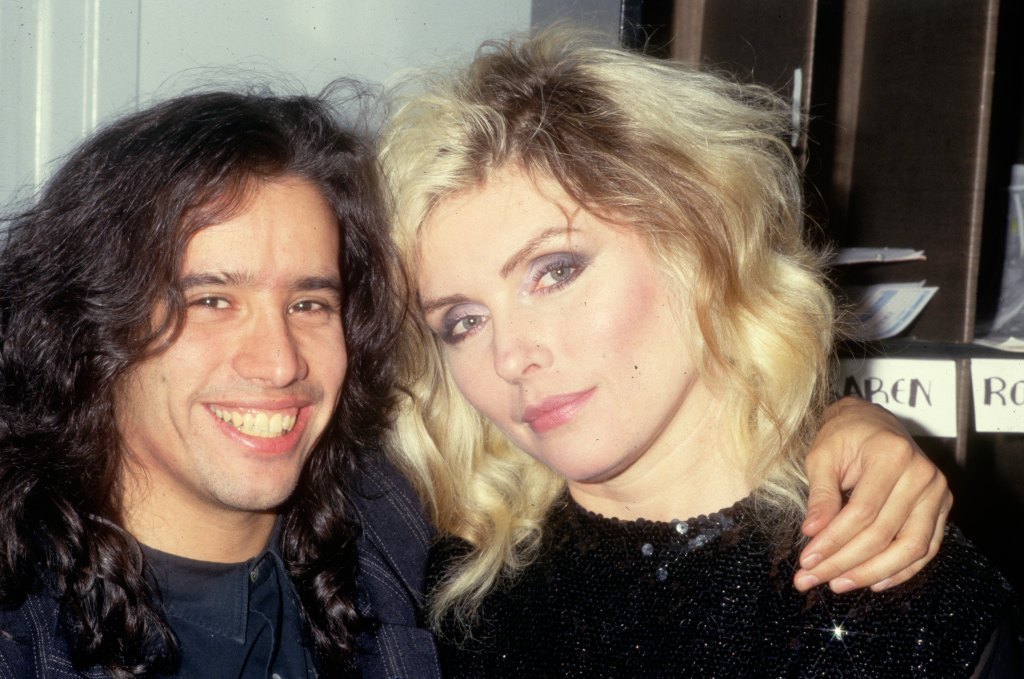
FFW: How did you and Madonna first meet?
JB: I was the DJ at a club in New York called the Funhouse. It was an underground club that opened at 10 p.m., and I’d play till noon the next day. A record company gentleman I knew, Bobby Shaw, brought her by to meet me and gave me a copy of her new song, “Everybody,” which I had already been playing. Mark Kamins, who produced it, had given it to me in advance of its release, so I’d been playing it for about 3,500 kids every Saturday night. I knew the record was going to be big, but at that point, for me a big record meant a club record that could potentially get on the radio.
Madonna was very familiar with club culture. She asked me if I’d be interested in remixing a song for her next single, and in that process, I worked on “Physical Attraction” and “Burning Up.” During that time, she finished her debut album and wanted the rest of it to sound like what I had done, so I started remixing the songs for the album.
A song she recorded called “Ain’t No Big Deal” got covered by a group called Barracuda, and she didn’t want it on her album anymore. I had a piano/vocal demo of “Holiday,” which I played for her, and I said I believed that it could be a club record and a radio record if I created the right arrangement around it.
We went to the record company on a Monday and they asked if we could have it done by Friday. I had never produced a record before. I had to figure out very quickly how to put a record together, and it launched my career as a record producer and not just a DJ who was remixing songs.
Every day so much was happening, and the record exploded on New York radio because I had been playing it for months. When it came out, all my friends were DJs and they all started playing it to support her. With dance music it was like an army of tastemakers playing the song together, and that launched her career.
I remember walking down the street with her one day and there was this girl in front of us singing “Holiday.” I was thinking she must recognize Madonna and then we realized that she had no idea who she was. It was amazing to see someone singing this song that Madonna sang and I produced. That was the beginning, when we realized, “Wow, this is really different.”
FFW: What was your first impression of Madonna?
JB: I thought she could have a gold record, but I didn’t know if that was actually possible. There was something different about her because she was really a dance artist when she started.
Madonna’s music had a lot of heart and passion and a rhythmic groove that people loved to dance to, with melodies and lyrics that you could memorize and sing along to. That feel-good combination along with her pizzazz transformed “Holiday” into an international hit. I had DJs reaching out to me from England, South Africa, France. There was no social media, and I would get letters mailed to the club and read about how much someone in Switzerland loved the record. I was getting all this information in bits and pieces.
FFW: What do you think made your partnership with Madonna so special?
JB: We connected right away, both romantically and in the studio. There was a lot of magic that happened, and the stars aligned. When we heard her song for the first time on the radio, we were in a taxi and looking at each other like, “Wow, can you believe it?” She was incredibly supportive of me making records and I was learning on the go. Her record was bigger than my skill set at that point, and she encouraged me while I encouraged her.
When she was on American Bandstand and told Dick Clark, “I want to rule the world,” I was like, “Yes, she does!” She had gotten a VHS of that before it even aired and we watched it over and over. It was major.
We went through a lot. When I meet couples on the journey where things are first starting to happen, I’m like, “Yeah, I get it.” She would come record shopping with me. We did a lot of normal things in the beginning, until music videos started. That’s when things changed and she became instantly recognizable.
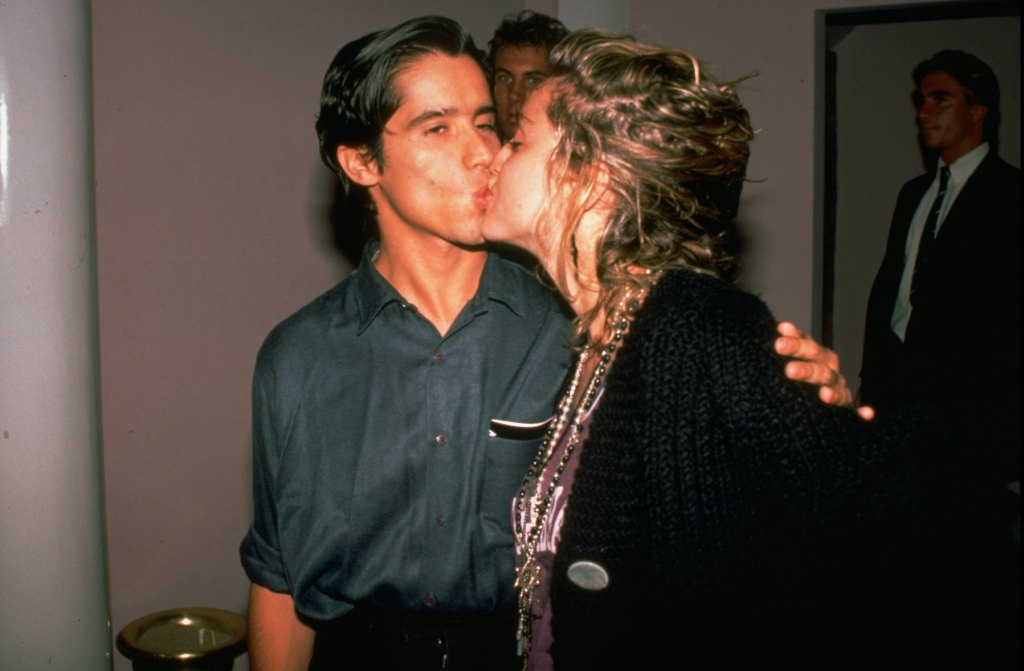
FFW: What’s your take on the ongoing nostalgia for the ’80s?
JB: I still DJ about 120 dates a year globally, and every song I hear now has some sort of ’80s sample. I’m finding that 20-somethings are gravitating to these things, but you could also have 50-somethings and 60-somethings there and they don’t necessarily feel like the older person at the disco because all the young people are into the song that they remember. ’80s style and disco is so prevalent in music today, especially in Europe.
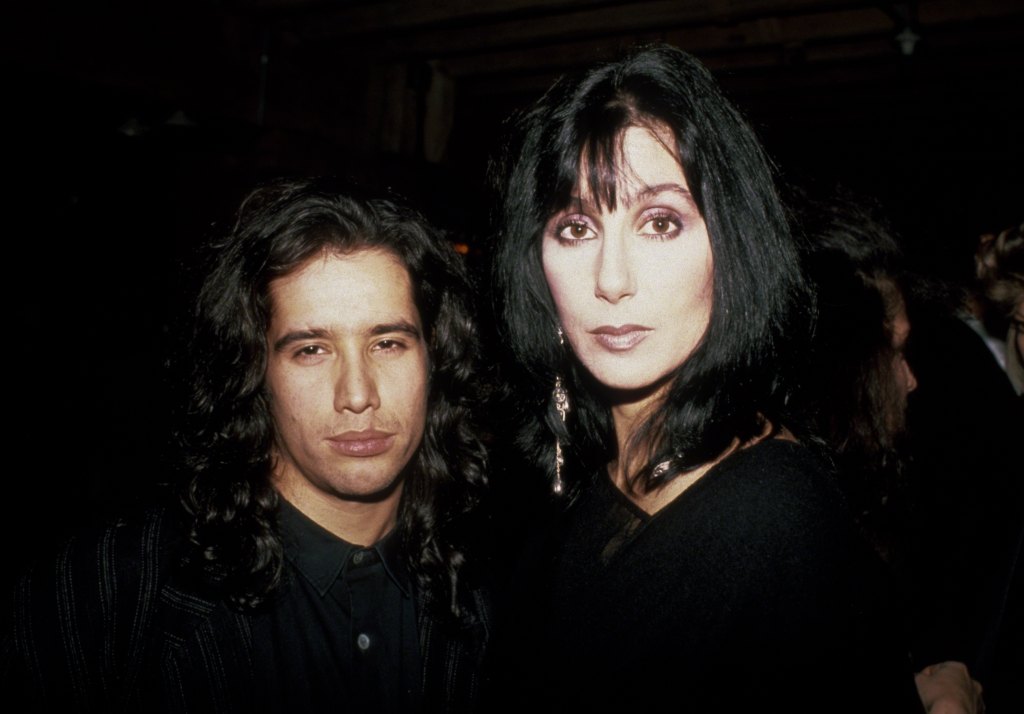
FFW: How does it feel to still be deejaying after so many years?
JB: It’s fun finding those moments and songs that work. I never know what I’m going to play. I show up to a gig with 20,000 songs, and it’s all improvisational experimentation. I can do a two-hour set and someone could ask what the third song I played was, and I won’t even remember it. I’m only living and being present in the moment.
There’s a point where I go, “Where am I going next? I could play something that continues to build the energy or pull back and play something else.” That’s the only time where I’m not necessarily in the moment but once I make that decision, I’m back.
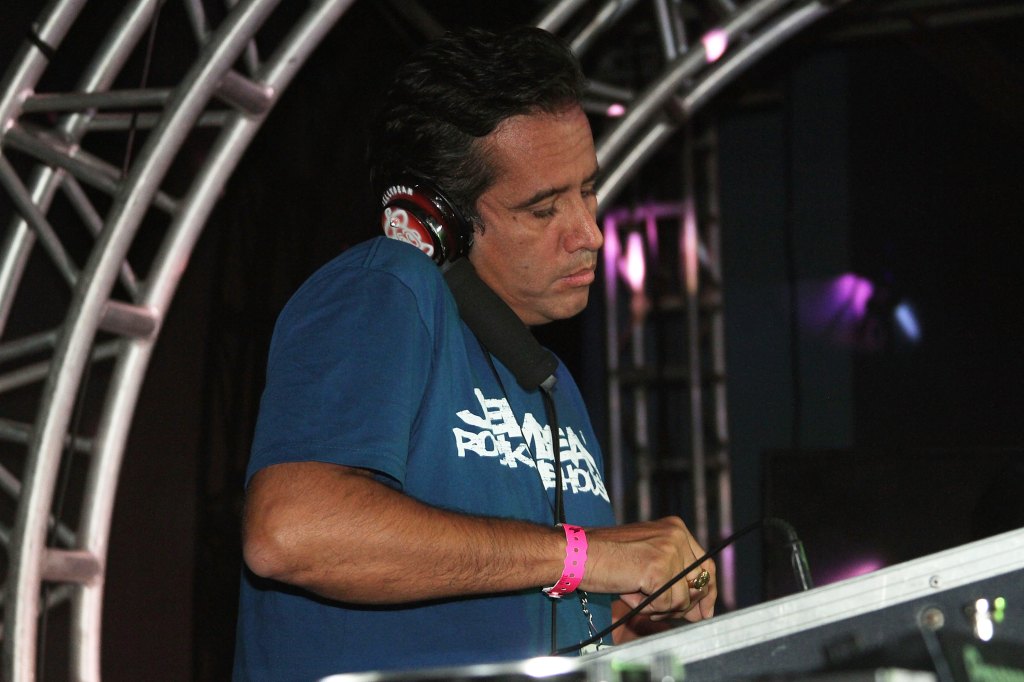
I like a lot of different types of music and I really believe that’s what helped me have longevity. In the club scene, I had to play the first record to the last record, and I had to figure out a way to play all the things I liked while keeping a full dance floor and knowing when to slow it down enough for people to buy drinks and keep the club owner happy. Trying to figure out how to do that and satisfy my own creative needs was probably the most challenging thing, but now I could walk into a room and if there’s a DJ playing I can get a real sense of if they’re leading or people are just hanging out, and those moments where things come together and the DJ takes control of the room are mesmerizing.

